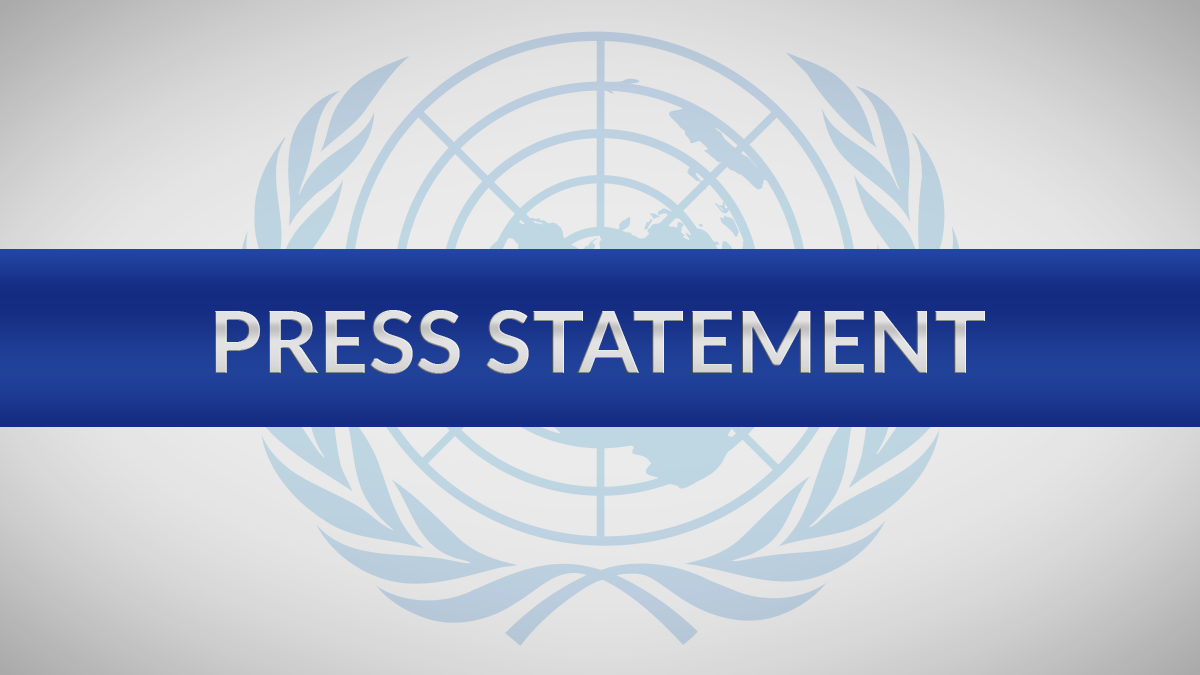Mogadishu – On the International Day for the Elimination of Sexual Violence in Conflict, the United Nations envoy to Somalia today called on Somalia’s leaders, communities and partners to do more to assist and listen to victims and survivors of conflict-related sexual violence (CRSV). He called for all people to stand in solidarity with those who have endured these acts, and to act decisively to eradicate CRSV in Somalia. He paid tribute to those taking on the challenging and often dangerous work to prevent such violence.
In 2019, the number of rape cases reported in Somalia was 744, of which 241 were confirmed as cases of CRSV that targeted women and girls. However, the vast majority of survivors of conflict-related sexual violence do not report such violence due to fear and cultural stigma, and therefore, it remains an under-reported crime.
In Somalia, some 3,000 victims and survivors of sexual assault and gender-based violence, including CRSV, received medical and health assistance last year, and some 5,700 received psychological assistance.
“Conflict-related sexual violence inflicts deep personal wounds, and remains a violation of the human rights of the victims. It also scars the fabric of society and the country and has no place in the modern, emerging Somalia” said the UN Secretary-General’s Special Representative for Somalia, James Swan.
A direct outcome of the COVID-19 pandemic in Somalia has been an increased burden on health services and first responders, potentially increasing the risk to service providers and victims and survivors of CRSV. In addition, COVID-19 has had a detrimental impact on aspects of the rule of law, including access to justice, with the reporting of crimes made more difficult. For example, Somalia’s Attorney-General’s Office has said that the suspension of court work during the pandemic has resulted in zero convictions for sexual crimes since April.
The UN envoy emphasized that “those working on CRSV deserve continuing support from national and international partners to ensure the resources needed are available to fight CRSV, and appropriate CRSV measures are integrated into the COVID-19 response.”






